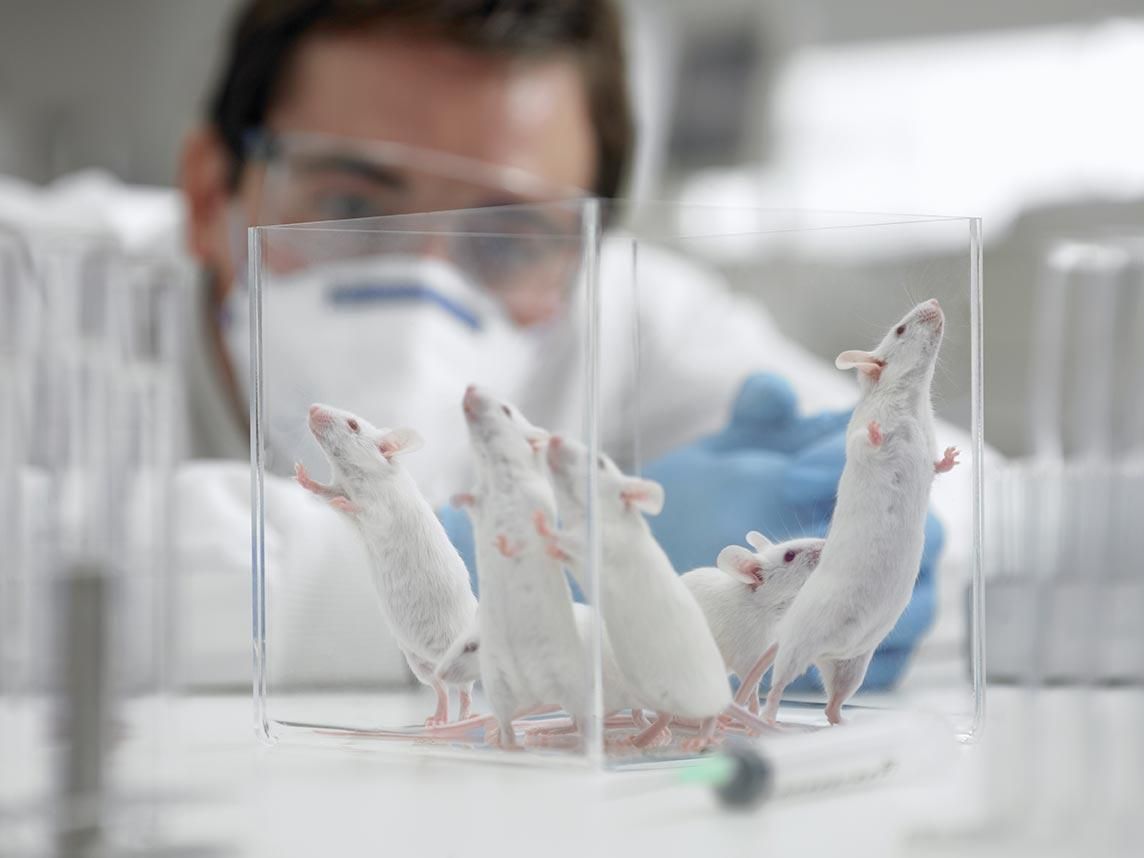Science is making progress on the treatment of aging and age-releated diseases but should you rush out and start your own testing or not? This article weighs up some of the pros and cons.
Senescent cells accumulate with age, and secrete an unfortunate combination of signals that harms organs and tissues in numerous ways, such as via the production of increased chronic inflammation. This is one of the root causes of aging and age-related disease. Safe and effective clearance of senescent cells has been on the SENS rejuvenation biotechnology agenda for fifteen years, but only recently has progress in scientific funding and demonstrations of improved health and life spans in mice snowballed to the point at which startup companies could make a real go of it. Things are moving fairly rapidly in this field now. With the recent $116 million venture investment in UNITY Biotechnology’s work on senescent cell clearance, and other companies angling for their own launch, it is fair to say that this line of research and development is underway for real. Clinical trials of senescent cell clearance will be underway soon, funded by UNITY Biotechnology, and using drug candidates such as navitoclax developed in the cancer research community, noted for their ability to induce apoptosis, a form of programmed cell death. Senescent cells are primed for apoptosis, and it takes little to tip them over the edge in comparison to a normal somatic cell, which means that there may well be quite a large stable of existing drugs that will have some useful effect.
The question here is one that is only now starting to be useful to ask: should we all be running out today to obtain and take a drug (such as navitoclax) or drug combination (such as dasatinib and quercetin) that were shown to clear some fraction of senescent cells in rodents? Certainly there have been no shortage of people chasing after whatever the current hype of the day was in past years; I’m sure you all recall resveratrol and other alleged calorie restriction mimetics or telomere length enhancers. All a waste of time and effort. The difference between the science behind those and the science between senescent cell clearance is considerable, however. The items of the past have all been associated with altering metabolism so as to modestly slow aging, at best, and we have the very good examples of calorie restriction and exercise to show us the immediate bounds of the plausible on that front in our species.








